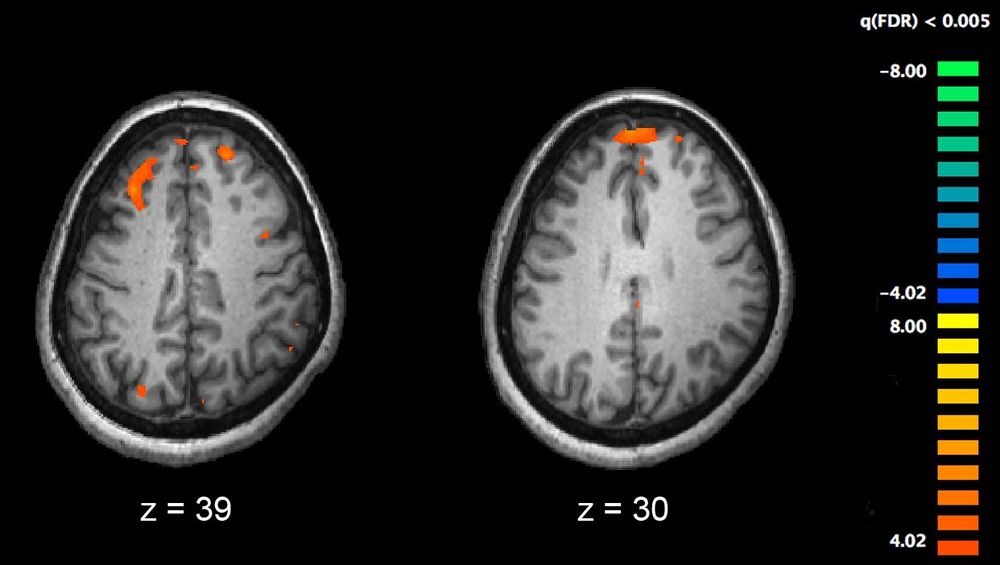Schizophrenia is a severe mental health condition that causes significant disability, and affects 1 in 100 people. Patients with schizophrenia commonly experience negative symptoms, which include lack of motivation, social isolation and inability to experience pleasurable feeling. The current antipsychotics minimally improve these negative symptoms, and there are no currently licensed treatments. In addition, it is estimated that total service costs for schizophrenia in England alone will be £6.5 billion by 2026. In view of this, there is considerable interest in identifying potential treatment targets for these symptoms. However, the nature of the changes in brain chemistry that contribute to these negative symptoms is unknown.
Mu-opioid receptors (MOR) are found in a region of the brain called the striatum and they play a crucial role in how we experience pleasure and reward. Our bodies naturally produce opioid molecules that include endorphins; which are hormones secreted by the brain that are known to help relieve pain or stress and boost happiness. MORs are receptors that bind these naturally produced endogenous opioid molecules, and stimulation of the MOR system starts a signalling cascade that causes an increase in motivation to seek reward and increase food palatability amongst many other effects. Interestingly, MORs were found to be reduced in the striatum post-mortem in schizophrenia. So, it was unclear whether the availability of these receptors was increased when individuals were alive, or whether reduced MORs was related to the negative symptoms of schizophrenia.
The latest brain scan research from the Psychiatric Imaging group at the MRC LMS published on 3 October in Nature Communications has reported how the MOR system contributes to the negative symptoms displayed in schizophrenia patients. For the first time, this research study showed how MOR levels are significantly reduced in the striatum region of the brain. Thus, a lack of MOR system stimulation in the brain contributes to these negative feelings that schizophrenia patients can experience.
